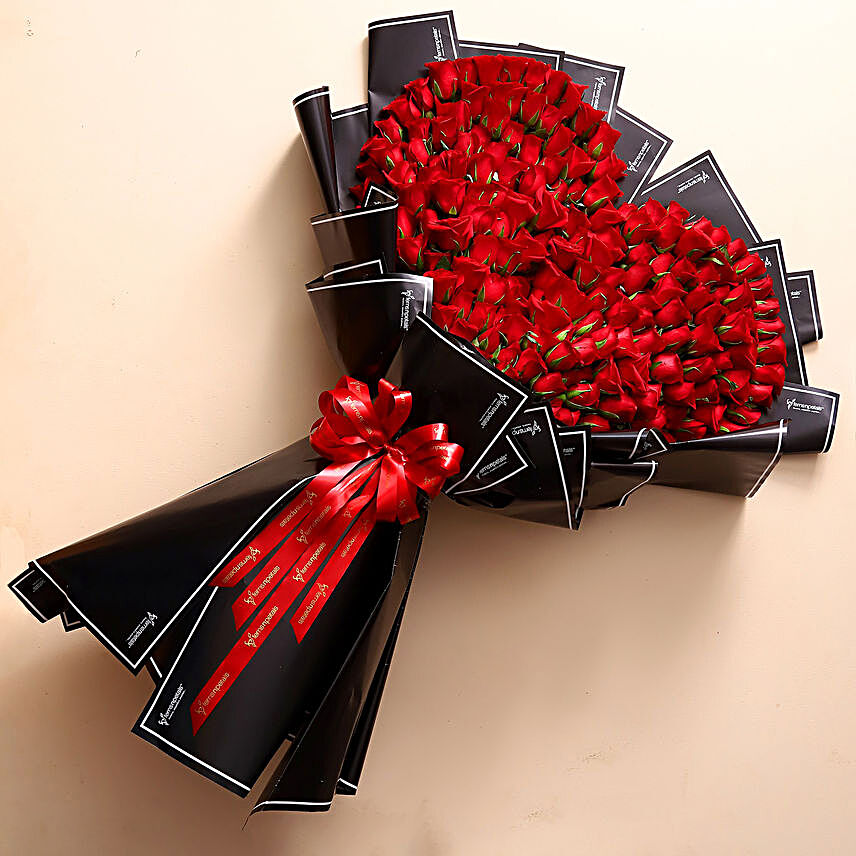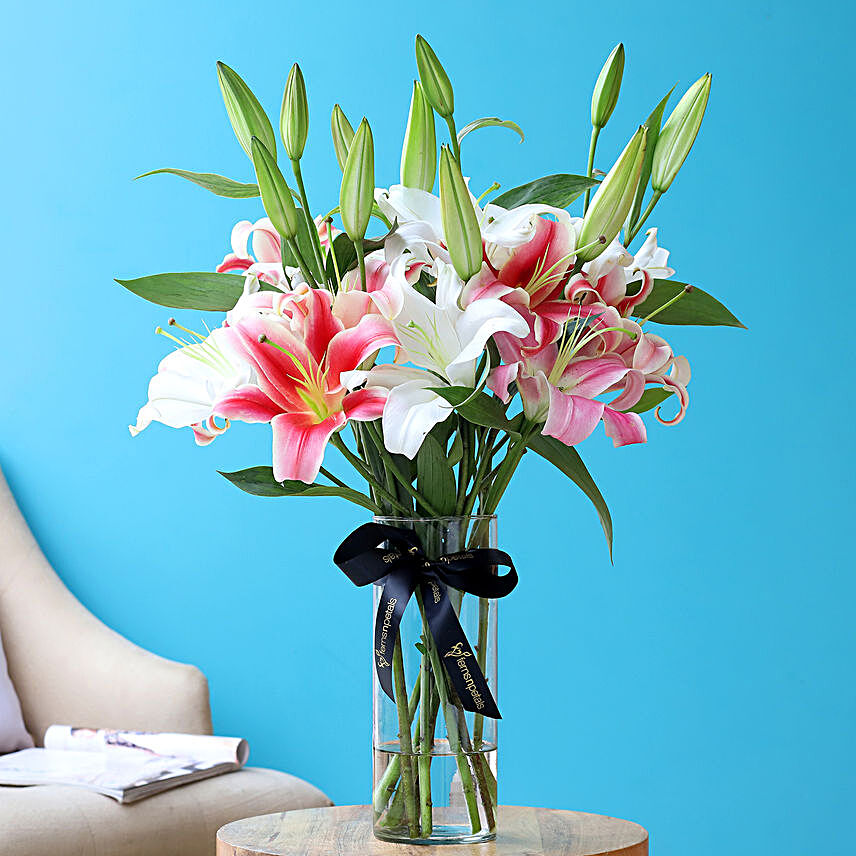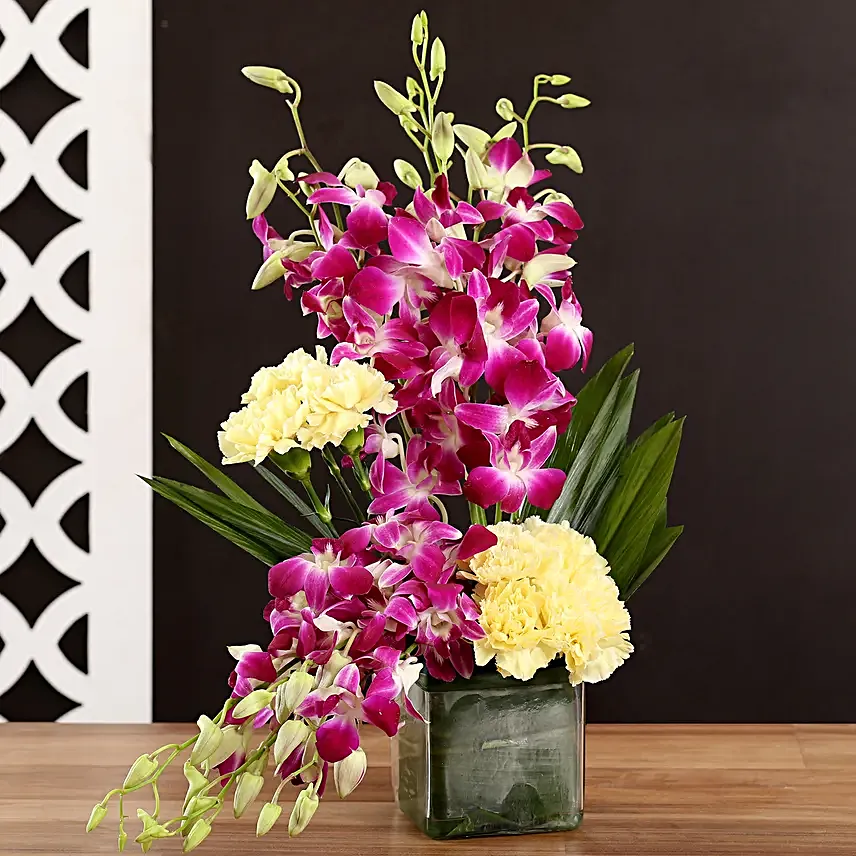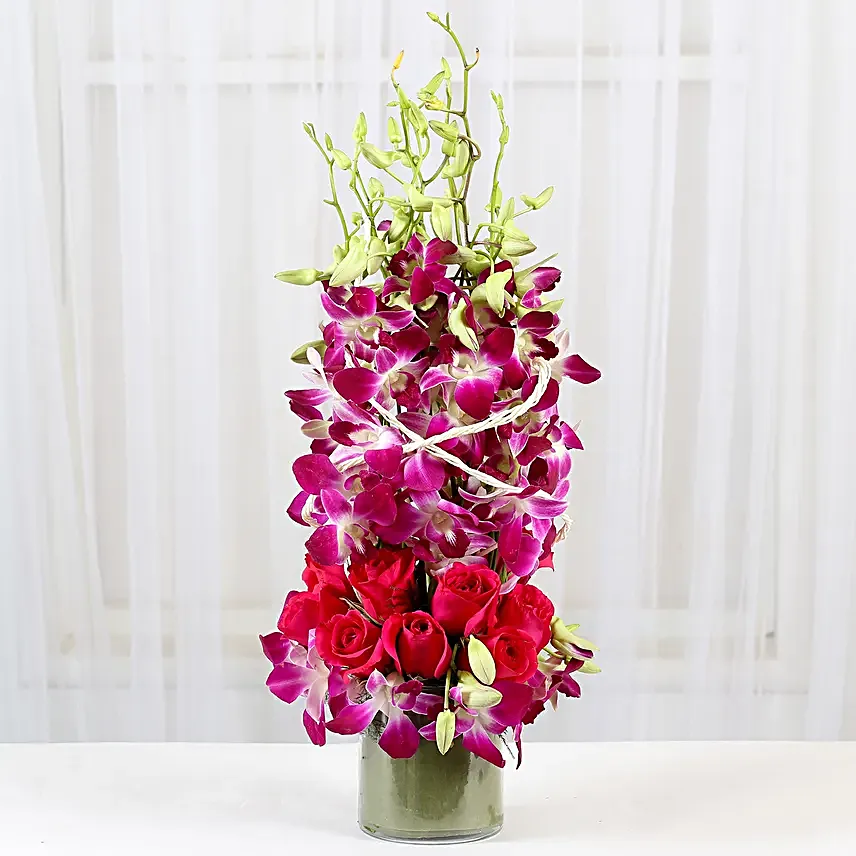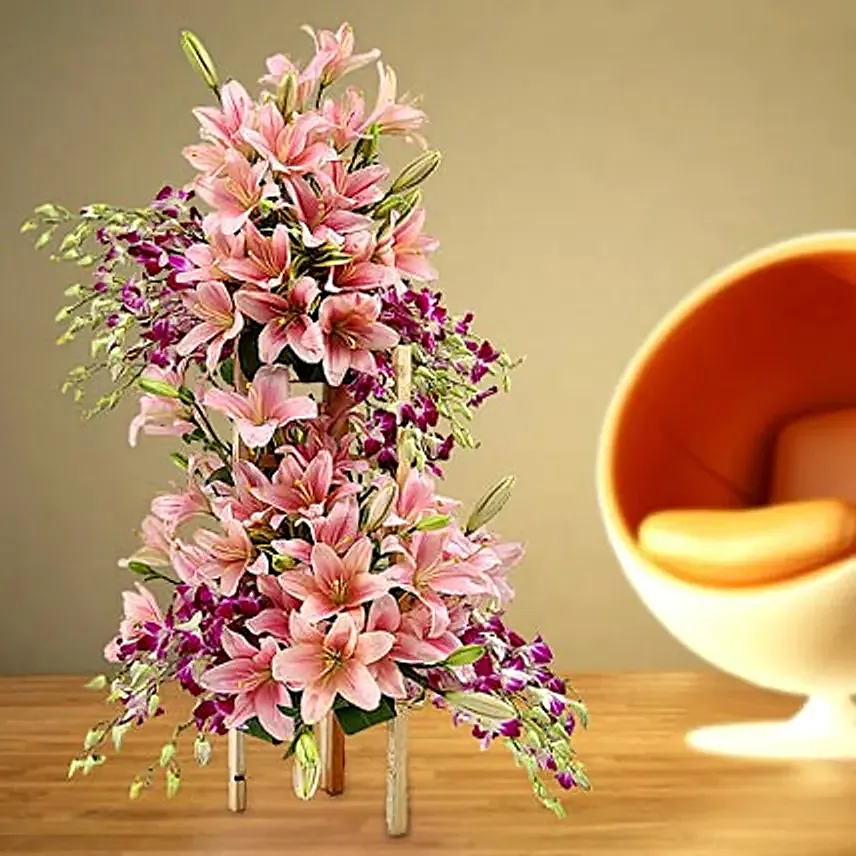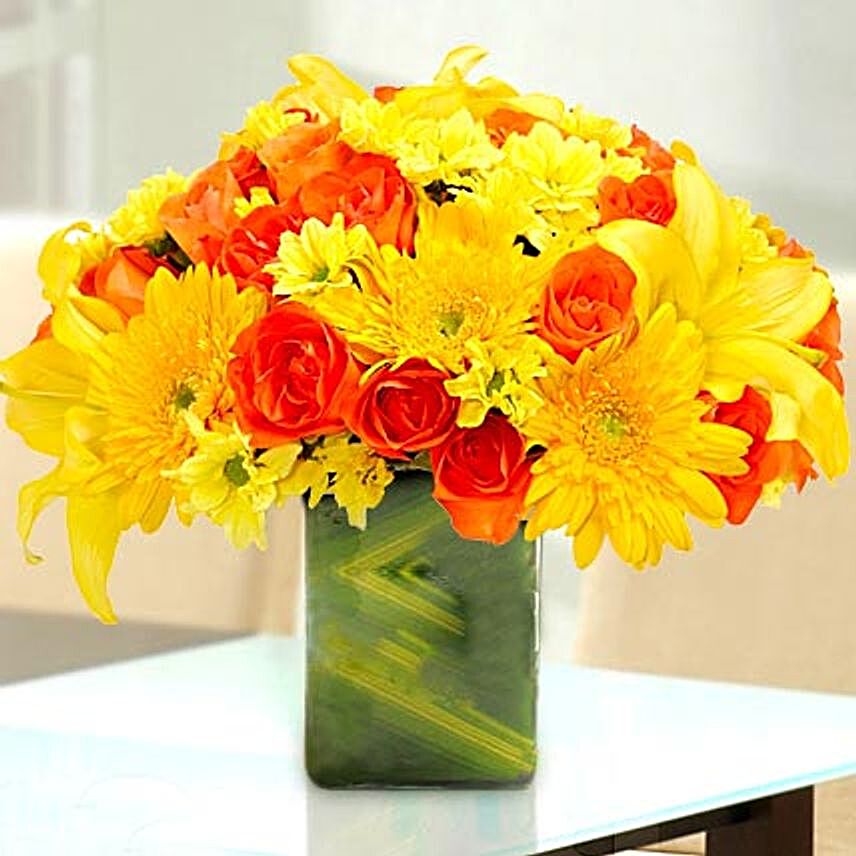Are Carnation Flowers Safe to Eat
- Author: Anushka Published: 13th Oct, 2023
Picture this: You are walking through a beautiful garden, captivated by the vibrant colours and enchanting aromas of various flowers. Among these floral wonders, you spot a bunch of delicate carnations, their petals dancing in the gentle breeze. The question that might arise in your mind is, can you eat these lovely blooms without any harm? In this article, we will delve into the world of carnation flowers and explore their edibility, to make an informed decision about incorporating them into your culinary adventures.
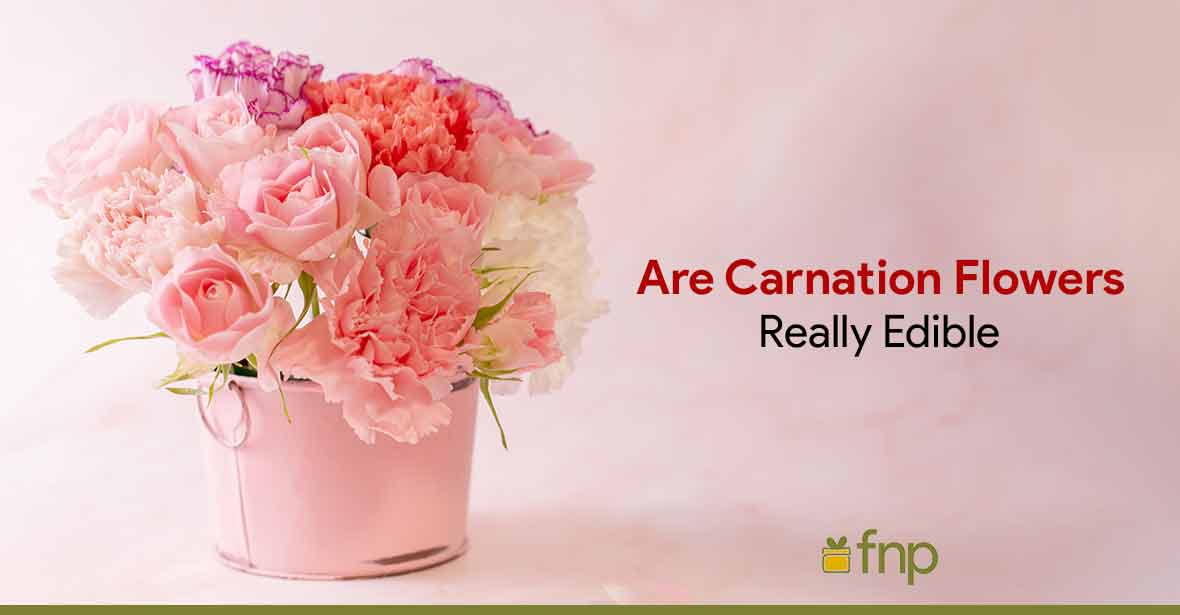
The Edible History of Carnation
Carnations, scientifically known as Dianthus caryophyllus, have a rich history dating back over 2,000 years. These ornamental flowers were originally found in the Mediterranean region, and their name, "carnation," is believed to have been derived from the Latin word "corona" (meaning crown) due to their use in ancient ceremonial crowns and garlands. Throughout history, carnation flowers have been cherished for their beauty and fragrance, adorning gardens and special occasions alike.
Edible Varieties
While many carnation varieties are cultivated purely for their visual appeal, certain types are considered edible. The most commonly consumed edible carnations include the "Clove Pink" (Dianthus caryophyllus), "Wild Carnation" (Dianthus carthusianorum), and the "Cheddar Pink" (Dianthus gratianopolitanus). It's important to note that not all carnations are safe to eat, so identifying the correct variety is crucial.
Nutritional Value
Carnation flowers are not just aesthetically pleasing; they also offer a range of potential health benefits. These edible blossoms contain various phytochemicals, including flavonoids, which possess antioxidant properties that help combat harmful free radicals in the body. Carnation tea is reported to tackle mental health problems like depression. Additionally, they contain trace amounts of vitamins and minerals like vitamin C, calcium, and potassium, making them a potentially nutritious addition to your diet. They are even believed to reduce swelling and inflammation and even provide relief from menstrual cramps, muscle aches and symptoms of menopause.
Health Considerations
While edible carnations can be a delightful addition to culinary creations, it is essential to exercise caution, especially if you have allergies or sensitivities to certain plants. Always consume flowers from reputable organic producers/suppliers and ensure they have not been treated with pesticides or other harmful chemicals.
Potential Culinary Uses
In the culinary world, carnation flowers can be employed in numerous creative ways. Their vibrant colours make them an attractive garnish for salads, cakes, and pastries. Petals can also be candied or used to infuse liquids like syrups, vinegar, or spirits, imparting their delicate aroma and flavour. You can also dry its petals and use them to make tea.
Edible Flower Preparation
When using carnations in cooking or as a garnish, it's crucial to prepare them correctly. Gently wash the flowers in cool water and remove the bitter-white base of the petals before use. The petals have a slightly spicy and clove-like flavour, which can add a unique twist to various dishes, salads, desserts and beverages.
